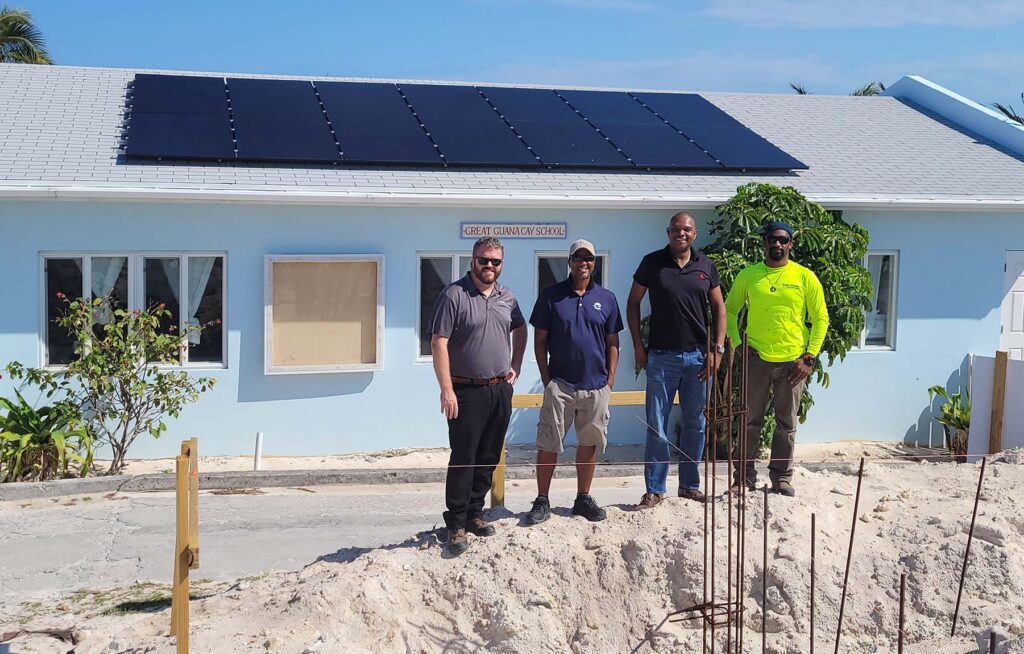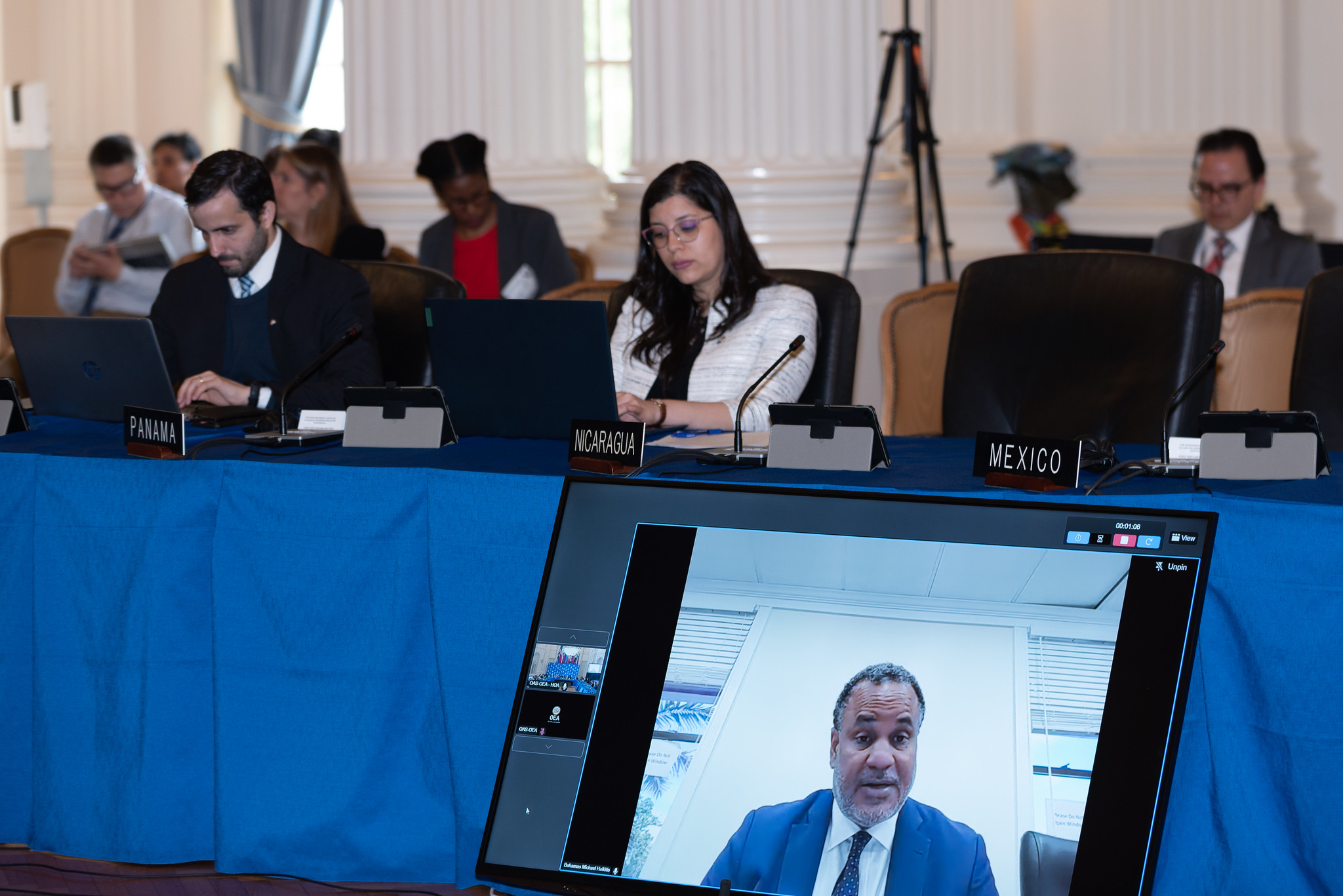

The Fourth Inter-American Meeting of Ministers and High-Level Authorities on Sustainable Development will take place October 3-4 in the Bahamian capital of Nassau to examine the theme “Climate Action: Building a Regional Agenda to Secure Our Future.”
The topic is all too real to small island states that are especially vulnerable to the worsening effects of climate change, according to Michael Halkitis, the country’s Minister of Economic Affairs and Chair of the Inter-American Committee on Sustainable Development.
“We all know, and many of us more than others, of the existential threat that climate change poses for the countries of the Americas,” he said at a meeting in April of the Inter-American Council for Integral Development (known by its Spanish acronym, CIDI).
“My country, The Bahamas, witnessed loss and damage from Hurricane Dorian in 2019 totaling more than $3 billion,” he added.
The Category 5 storm, with sustained winds of 185 miles per hour, made landfall on the northern end of the Bahamian archipelago on September 1, 2019, and then stalled. The islands of Great Abaco and Grand Bahama took the brunt of the storm, which left an official death toll of 74 with 282 people unaccounted for, according to a Red Cross report issued last year.

In 2019, Hurricane Dorian brought massive destruction to Marsh Harbour, a town on Great Abaco Island. Credit: Paul Dempsey.
Stronger hurricanes are just one effect of a warming climate. A concept note prepared in advance of the ministerial meeting describes some of the multiple ways that climate change jeopardizes sustainable development in the region:
The observed and anticipated impacts of climate change include more intense hurricanes, and changes in rainfall patterns and sea level rise that will negatively impact everyone, especially the most vulnerable groups, undermine social, economic, and environmental rights and threaten national and regional security in the Americas.
Climate change exacerbates poverty and inequality, and because of the added stress on water and food availability, has “negative implications for people’s dignity, human rights, and fundamental freedoms,” the paper states. It stresses that countries must act on two fronts, both to mitigate the levels of greenhouse gases in the atmosphere and to adapt to the effects of climate change that are already happening.
Climate change is hardly new to the region’s sustainable development agenda, but it has become an even more central issue in recent years, according to Mark Lambrides, Director of the Department of Sustainable Development at the Organization of American States (OAS).
“Over the course of the eight years since the last sustainable development ministerial, the reality of and the impacts from climate change have been more evident and increasing, and they impact all countries of the hemisphere in different ways,” he said in an interview.
In the last few years, OAS activities on sustainable development have been closely tied to the broader topic of climate change, focusing on such priorities as disaster risk management, sustainable energy, and sustainable management of ecosystems and integrated water resources. The upcoming ministerial will frame the OAS agenda on these types of issues through 2030, Lambrides said.
Throughout the first half of this year, the OAS/CIDI held monthly meetings on critical climate change-related issues affecting the member states. The meeting in April, for example, looked at climate finance.
In his remarks, Halkitis stressed the importance of three A’s—access, affordability, and adequacy—when it comes to funding for climate action, particularly for the region’s smaller countries. “Estimates are that climate finance must grow by more than five times its current availability to begin to meet the global financing needs,” he said.

The Minister of Economic Affairs of The Bahamas, Michael Halkitis, told the Inter-American Council for Integral Development that his country sustained more than $3 billion in loss and damage from Dorian. Credit: Juan Manuel Herrera/OAS.
The Inter-American Committee on Sustainable Development is in the process of defining the complete agenda for the region’s ministers and other high-level officials. Climate finance will be on the agenda and will also be the focus of a separate daylong conference in Nassau, immediately prior to the meeting of ministers. The conference will bring together multilateral, bilateral, and private banks together with government officials to explore opportunities to increase access to available sources of climate finance, according to Lambrides.
At the CIDI meeting in April, Halkitis said the ministerial meeting will aim to build on the climate-related outcomes of last year’s Summit of the Americas, coordinate the region’s efforts and priorities on climate action, sharpen the mandates for institutions within the inter-American system, and amplify the region’s voice on this issue.
“Given that the countries of the Americas are among the most vulnerable to climate change globally, we believe that the hemisphere and its subregions should be leaders in shaping global climate action,” he said.
 View Map
View Map